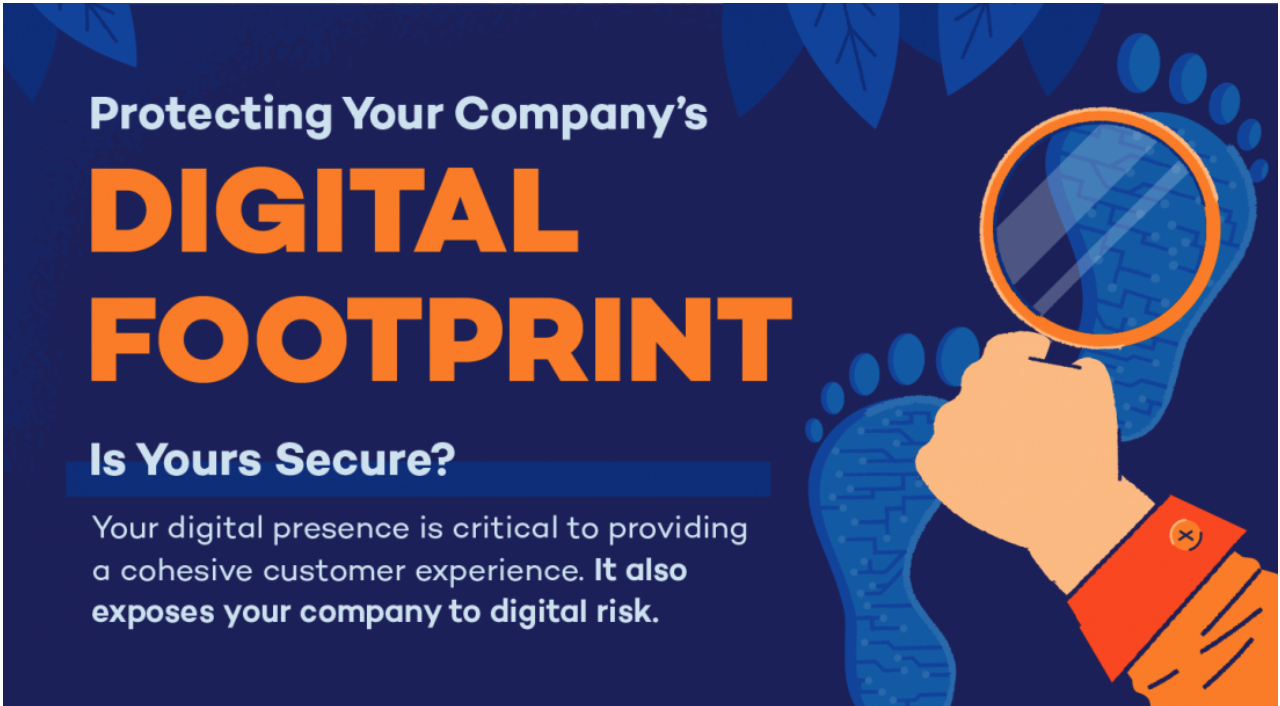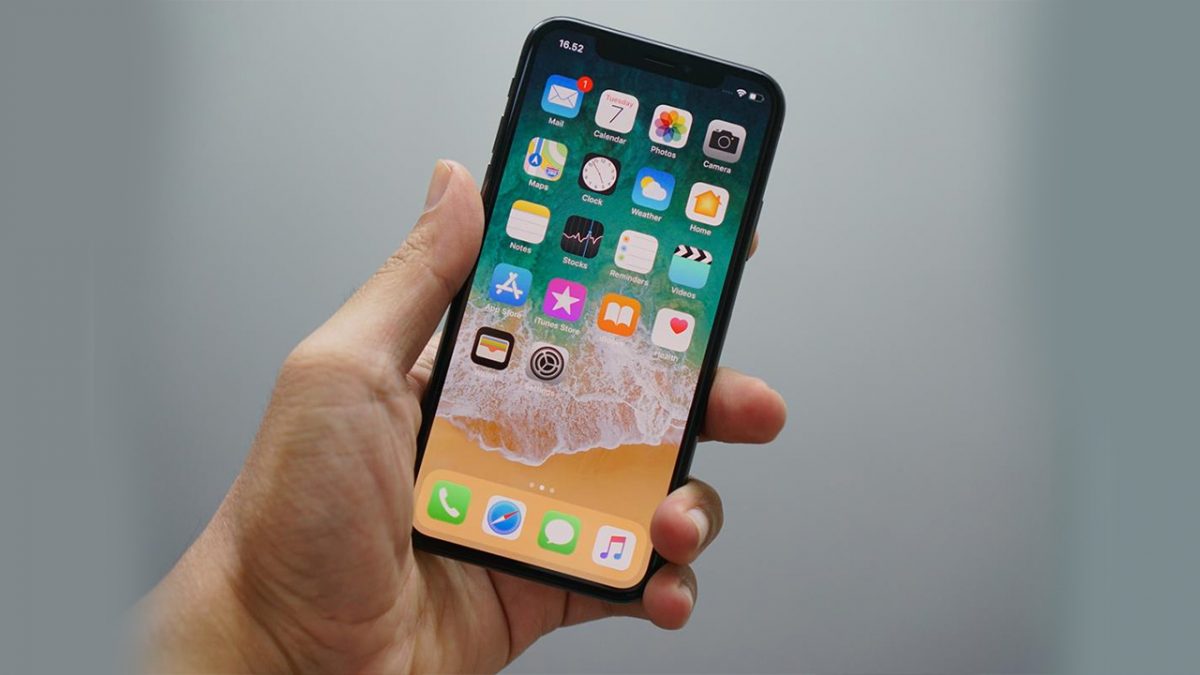Why iPhone Privacy Settings Are Crucial in 2024: Protecting Your Digital Footprint in a Data-Hungry World
Related Articles: Why iPhone Privacy Settings Are Crucial in 2024: Protecting Your Digital Footprint in a Data-Hungry World
- IPhone 5G Capabilities: What You Need To Know In 2024
- Lockdown Your IPhone: A Comprehensive Guide To Protecting Your Device From Hacking And Malware
- Maximize Your IPhone’s Potential: Best Apps For Productivity In 2024
- IPhone 16 Vs IPhone 15: Is The Upgrade Worth It?
- IPhone 16 Specs Breakdown: Processor, RAM, And Display – What To Expect
Introduction
In this article, we dive into Why iPhone Privacy Settings Are Crucial in 2024: Protecting Your Digital Footprint in a Data-Hungry World, giving you a full overview of what’s to come
Video about Why iPhone Privacy Settings Are Crucial in 2024: Protecting Your Digital Footprint in a Data-Hungry World
Why iPhone Privacy Settings Are Crucial in 2024: Protecting Your Digital Footprint in a Data-Hungry World

In the digital age, our lives are increasingly intertwined with technology. From social media to online banking, our personal data is constantly being collected, analyzed, and used in ways we may not even be aware of. This raises serious concerns about privacy and security, especially as data breaches and misuse become more common.
This is where iPhone privacy settings come in. Apple has long been lauded for its commitment to user privacy, and its iPhones offer a comprehensive suite of tools to protect your data and control how it’s used. In 2024, with the increasing sophistication of data collection techniques and the growing awareness of privacy issues, understanding and utilizing these settings is more crucial than ever.
The Data-Hungry Landscape: Why Privacy Matters More Than Ever
The internet has become a vast marketplace for personal data, with companies constantly seeking to gather information about our habits, preferences, and even our emotions. This data is used for various purposes, including:
- Targeted advertising: Companies use your data to create personalized ads that are more likely to appeal to you, often based on your browsing history, location, and even your social media activity.
- Product development: Data about user behavior helps companies understand what features people want and how to improve their products and services.
- Market research: Data can be used to understand consumer trends and predict future demand for products and services.
- Personalization: Many apps and websites personalize your experience based on your data, making it more relevant to your interests.

While some of these uses may seem harmless, there are significant downsides to the widespread collection and use of personal data:
- Privacy invasion: The constant tracking of our online activities can feel intrusive and violate our right to privacy.
- Data breaches: Hackers can steal personal data from companies, leading to identity theft, financial fraud, and other serious consequences.
- Manipulation: Data can be used to manipulate our behavior, influencing our choices and opinions.
- Discrimination: Data can be used to discriminate against individuals based on their race, gender, religion, or other factors.

iPhone Privacy Settings: Your Shield Against Data Collection
Apple recognizes the importance of user privacy and has implemented a range of features in its iOS operating system to give users control over their data. Here are some key privacy settings you should be aware of and how to utilize them effectively:
1. App Tracking Transparency (ATT)
One of the most significant privacy features introduced by Apple is App Tracking Transparency (ATT). This setting allows you to choose whether apps can track your activity across other apps and websites. By default, apps are not allowed to track you, and you can choose to allow tracking on a case-by-case basis.
- How it works: When an app requests permission to track you, you’ll see a prompt asking if you want to allow it. You can tap "Allow" to grant permission or "Ask App Not to Track" to deny it.
- Why it’s important: ATT helps prevent apps from collecting and sharing your data with third-party companies without your knowledge or consent. This is especially important for apps that collect data about your browsing habits, location, and other sensitive information.
2. Location Services
Location services are essential for many apps, such as navigation apps, weather apps, and social media apps. However, they also allow apps to track your movements and collect data about your whereabouts.
- How to manage location services: You can control which apps have access to your location data and when they can access it. Go to Settings > Privacy & Security > Location Services and choose from the following options:
- Always: The app can access your location at any time.
- While Using the App: The app can access your location only when you’re using it.
- Never: The app can’t access your location.
- Why it’s important: Limiting location access can prevent apps from tracking your movements and sharing your location data with third-party companies.
3. Privacy in Safari
Safari, Apple’s web browser, offers several privacy features designed to protect your browsing history, cookies, and other data.
- Intelligent Tracking Prevention: This feature helps prevent websites from tracking your browsing activity across different websites.
- Private Browsing: When you browse in private mode, your browsing history, cookies, and other data are not saved.
- Cookie Blocking: You can choose to block all cookies or only allow cookies from websites you visit.
- Why it’s important: These features help protect your privacy by preventing websites from tracking your browsing habits and collecting your personal data.
4. Siri & Dictation Privacy
Siri, Apple’s voice assistant, can be a powerful tool, but it also requires access to your voice data.
- How to manage Siri privacy: You can choose whether to allow Siri to record and store your voice data. Go to Settings > Siri & Search > Listen for "Hey Siri" and disable the option if you don’t want Siri to record your voice data.
- Why it’s important: By disabling Siri voice recording, you can prevent Apple from storing your voice data and potentially using it for other purposes.
5. Photos & Camera Privacy
Your photos and videos are often sensitive information. iPhone offers various settings to control access to your camera and photo library.
- Camera access: You can choose which apps have access to your camera. Go to Settings > Privacy & Security > Camera and grant or deny access to individual apps.
- Photo library access: You can choose which apps have access to your photo library. Go to Settings > Privacy & Security > Photos and grant or deny access to individual apps.
- Why it’s important: By limiting access to your camera and photo library, you can prevent apps from accessing your photos and videos without your permission.
6. Bluetooth & Wi-Fi Privacy
Bluetooth and Wi-Fi connections are essential for many devices and services, but they can also be used to track your location and collect other data.
- Bluetooth access: You can choose which apps have access to your Bluetooth data. Go to Settings > Privacy & Security > Bluetooth and grant or deny access to individual apps.
- Wi-Fi access: You can choose which apps have access to your Wi-Fi data. Go to Settings > Privacy & Security > Wi-Fi and grant or deny access to individual apps.
- Why it’s important: Limiting access to Bluetooth and Wi-Fi can prevent apps from tracking your location and collecting other data about your device.
7. Ad Tracking & Personalized Ads
Apple’s iOS offers tools to limit targeted advertising and prevent apps from tracking your activity across other apps and websites.
- Limit Ad Tracking: You can choose to limit ad tracking by going to Settings > Privacy & Security > Advertising and turning on "Limit Ad Tracking."
- Reset Advertising Identifier: You can reset your advertising identifier to prevent apps from using it to track your activity.
- Why it’s important: Limiting ad tracking and resetting your advertising identifier can help prevent apps from collecting data about your interests and using it to target you with personalized ads.
8. iCloud Privacy
iCloud is a valuable service for storing your data, but it’s important to understand how your data is protected.
- End-to-end encryption: Apple uses end-to-end encryption for iCloud data, meaning that only you have the keys to decrypt your data.
- Two-factor authentication: Two-factor authentication adds an extra layer of security to your iCloud account, making it more difficult for hackers to access your data.
- Why it’s important: These features help protect your data from unauthorized access, even if your device is lost or stolen.
9. Security Features
In addition to privacy settings, iPhones offer several security features to protect your device and data.
- Passcodes & Face ID/Touch ID: These features help prevent unauthorized access to your device.
- Find My iPhone: This feature allows you to locate your lost or stolen iPhone and remotely wipe its data.
- Software Updates: Apple regularly releases software updates that include security patches and bug fixes.
- Why it’s important: These features help protect your device and data from theft, loss, and hacking.
The Importance of Staying Informed and Active
In 2024 and beyond, it’s more crucial than ever to be proactive about your digital privacy. Here are some tips for staying informed and taking control of your data:
- Read privacy policies: Before downloading an app or using a website, take the time to read its privacy policy to understand how your data will be collected and used.
- Use strong passwords: Use unique and strong passwords for all your online accounts to protect them from hacking.
- Be cautious of phishing attempts: Phishing attempts are designed to trick you into revealing your personal information. Be careful about clicking on links or opening attachments from unknown senders.
- Keep your software updated: Software updates often include security patches that fix vulnerabilities and protect your device from attacks.
- Use a VPN: A VPN encrypts your internet traffic and hides your IP address, making it more difficult for websites and apps to track your activity.
- Use privacy-focused browsers: There are several privacy-focused browsers available that block trackers and protect your browsing history.
- Consider using a privacy-oriented search engine: Some search engines prioritize privacy and don’t track your searches.
- Be aware of data brokers: Data brokers collect and sell your personal information. You can opt out of their data collection practices.
- Contact your local data protection authority: If you have concerns about your data privacy, you can contact your local data protection authority for help.
Conclusion: Take Control of Your Digital Life
In a world where data is constantly being collected and used, it’s essential to take control of your digital life. By understanding and utilizing iPhone privacy settings, you can significantly reduce the risk of data breaches, privacy violations, and other security threats.
Remember, your privacy is your right, and you have the power to protect it. By taking the time to understand and manage your privacy settings, you can ensure that your personal data is safe and secure in 2024 and beyond.

Closure
Thank you for reading! Stay with us for more insights on Why iPhone Privacy Settings Are Crucial in 2024: Protecting Your Digital Footprint in a Data-Hungry World.
Make sure to follow us for more exciting news and reviews.
We’d love to hear your thoughts about Why iPhone Privacy Settings Are Crucial in 2024: Protecting Your Digital Footprint in a Data-Hungry World—leave your comments below!
Keep visiting our website for the latest trends and reviews.


















